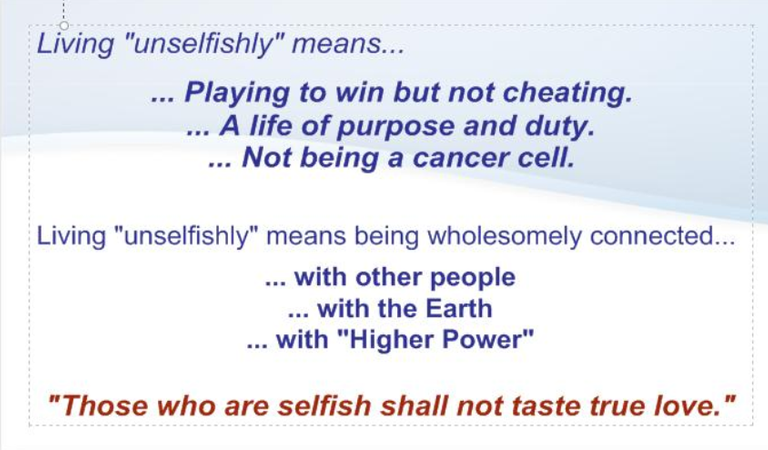We are united by our concern for morals. Let this be more important than any difference between how we see the details or the implementation. Here's how I see it:

I don't think that any simple rule such as "cause no harm" is adequate. In the human body, white blood cells have only one job, and that job is to "cause harm" to cancer cells and other invaders. For another example, as an activist, I work for positive social change. But any social change will harm the people who are vested in the status quo. With any change, there are both winners and losers, people who gain, and people who are harmed.
Similarly, the situation with police officers and military personnel following orders "blindly" is problematic. Anyone who has ever served on active duty in either situation will quickly tell you that it is essential to follow orders blindly (within limits); otherwise, there is no ability to change a course of action quickly and decisively as the situation evolves.
On a personal level, I interact with police officers regularly, even daily, during a "speech operation" on the street. I don't expect police officers to do "the right thing". I certainly don't expect them to "cause no harm". I have several times told an officer that I want him to do whatever his supervisor has ordered him to do. I want him to be a "good officer" in the sense of doing the job exactly the way his supervisor tells him to do it. Then I tell him that any issue that I have is not with him personally; it is a conflict between me and the agency's policy.
Perhaps the best that can be said is, "Don't be a cancer cell".